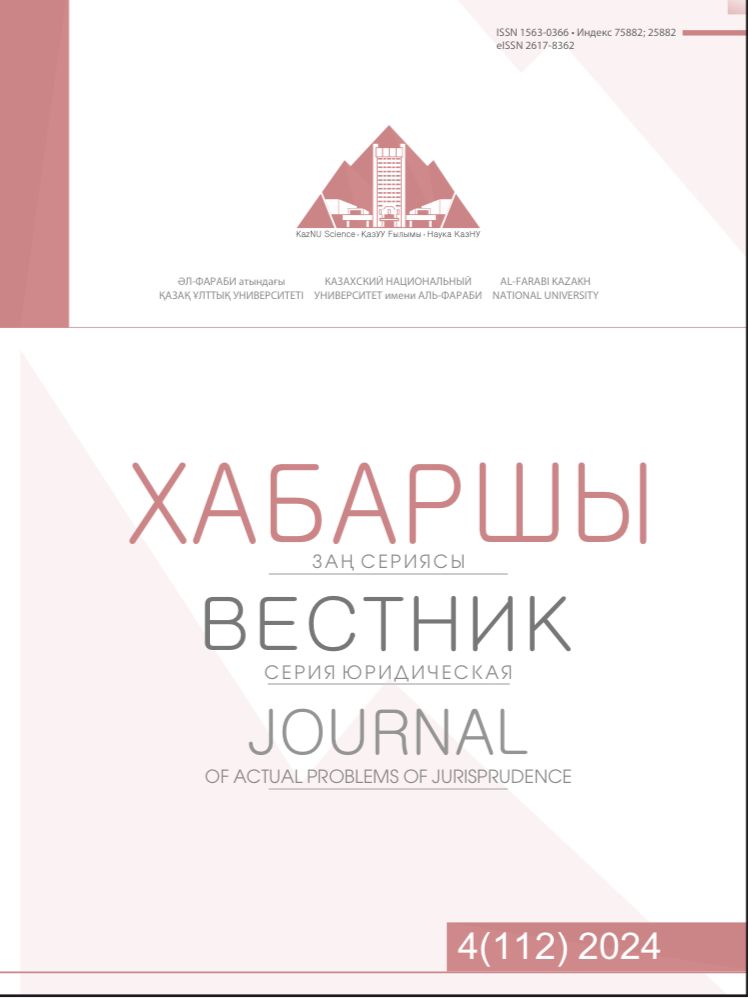LEGAL COUNTERMEASURES FOR ENVIRONMENTAL GUARANTEES IN THE SILK ROAD ECONOMIC BELT
DOI:
https://doi.org/10.26577/JAPJ2024.112.i4.a17Abstract
This article discusses the necessity and difficulties of environmental cooperation in the Silk Road Economic Belt based on the analysis of the ecological-environmental model of the Silk Road Economic Belt. On the basis of respecting the basic principles of international environmental law, solve environmental problems related to interests and common concerns, and jointly build the ecological civilization of the Silk Road.
Since the Silk Road Economic Belt was proposed over nine years ago, significant progress has been made in many areas. Despite the unpredictable impact of the new coronary pneumonia epidemic, the development of the Silk Road Economic Belt is still active. With the implementation of the construction strategy of the Silk Road Economic Belt, human activity in the territories along the route will obviously increase, and the pressure of industrialization and urbanization on the ecological environment will increase significantly. In the modern world, environmental protection and the pursuit of sustainable development have become the general trend of the development of advanced civilizations, and the threats to the fragile ecological environment in some areas cannot be ignored. It is necessary that all countries take proactive action, learn from the international community's existing models of environmental cooperation, create a win-win, open cooperation and exchange platform between countries with different levels of development, different cultural traditions and different resources, and carry out environmental cooperation to protect the environment. to the joint construction of an ecological civilization.
Keywords: Silk Road Economic Belt, environmental cooperation, legal countermeasures.













